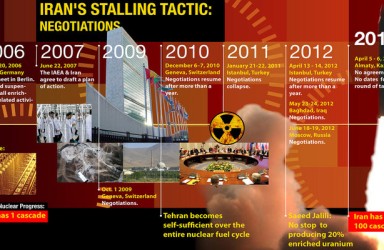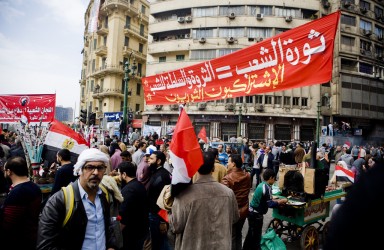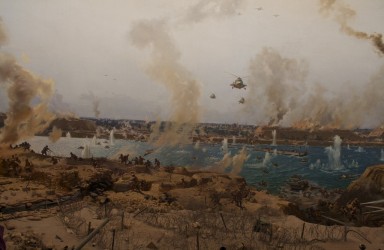Is the Current Political Turmoil of the ‘Information Age’ Revolutionary?
Although the networked structures of new social movements represent a shift from the hierarchical and centralised forms of previous models, they are not unprecedented.
Explaining the Case for Invading Iraq from a Neo-conservative Perspective
The Bush administration’s invasion of Iraq was a story of neo-conservative ideas (militarism, morality, and democracy) about the role of America in the world.
Fuel to the Fire: Why a Nuclear Iran Will Further Destabilize the Middle East
Four grave risks for regional stability lurk in the wake of a nuclear Iran: regional proliferation, an ‘imbalance of terror’, an emboldened Iran, and Israel’s response.
Orientalism, Palestinian Nationalism, and Israeli Repression
The success of Palestinian nationalism in the context of the peace process is complicated by the variations in Orientalism which occur between different forms of Zionism.
The Impact of ‘Globalisation’ on the Arab Revolts
Globalisation not only exacerbated the structural conditions that elicited the Arab revolt, but allowed for local and global actors to shape the form of this resistance.
Iran 1978-1979: Reflections on Intelligence Failure
The failure of the US intelligence community to predict the Islamic Revolution in Iran offers lessons that remain relevant today in the aftermath of the ‘Arab Spring’.
A Tale of Two Partitions: The First Indo-Pakistani War and the Palestine War
The potentiality of statehood provided by partition filled the nation building fervor of Hindus, Muslims, Arabs, and Jews.
The 1967 and 1973 Arab-Israeli Wars: Causes of Triumphs and Failures
The different outcomes of the two wars was due to a combination of preparedness, initiative, superpower involvement, military capabilities, and intelligence failures.
The Effectiveness of Soft & Hard Power in Contemporary International Relations
‘Hard’ & ‘soft’ power are competing approaches to power in IR. Soft power is increasingly effective & hard power less so; ‘smart power’ offers a promising third strategy.
Negotiating the Convention on Cluster Munitions: Lessons Learnt
The Convention on Cluster Munitions is a model for future disarmament negotiations due to its patience and focus on humanitarianism and broad engagement.











